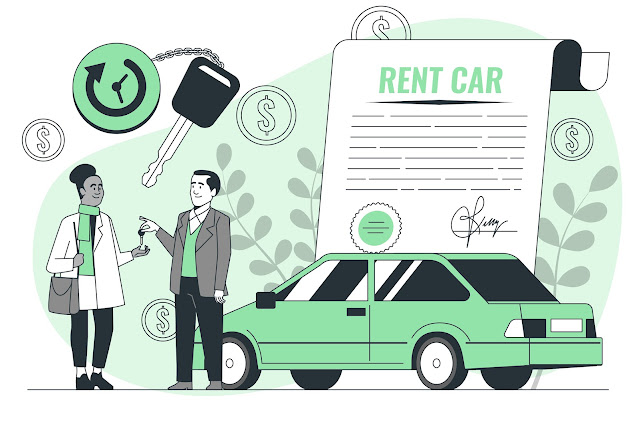Factors Determining The Car Rental Prices
Recent years have witnessed a dynamic shift in the living standards of people across the world. The habits which till a few years back were considered luxurious are now the necessity of time. Renting a car for holidays at one point was regarded as a requirement of people from the elite segment, but now is highly required by common people. This has not only played an interesting role in flourishing the business of car rental agencies but has also given rise to the cut-throat competition between them.
The car rental service in Paxos is no exception. The Paxos Island in Greece is one of the smallest islands with a population of around 3,000. Despite this, it has everything to offer its natives and people coming to the island. Most visitors to the island are either people who prefer to stay in a peaceful environment or people who love to stay close to nature and explore the hidden places at their own pace. But sometimes visitors are often confused by the fluctuation of car rental prices. Because the car rental prices revealed them one day are different on the next day and different on the third day.
This blog highlights the reasons behind the changes in car rental prices.
1. Seasonal Demand: One of the common reasons for fluctuations in car rental prices is seasonal demand. Car rental prices are high during peak travel periods, such as summer vacations, holidays, and festivals. Whereas, prices normally drop during off-peak times. Car hire companies adjust prices based on demand, if demand is high, the rent is high accordingly.
2. Location: Location is the second major attribute for the difference in car rental prices. Let us for instance talk about renting a car at an airport, which is often more expensive due to the additional convenience and added surcharges. On the other side, renting from some other destination in the same city or suburban location might be cheaper. Also, car rental prices can vary by country, city, or even region, reflecting local market conditions.
3. Vehicle Availability: The availability of cars in a rental company’s fleet can affect pricing. When demand is higher than the availability of cars, prices rise. Secondly, if there is a scarcity of a particular vehicle or there is a high demand for it, such as luxury cars or SUVs, the rates for those vehicles will increase. During times of low availability, you might also find limited options for specific car models.
4. Length of Rental Period: The duration of your car rental also influences the cost. Daily rates may be higher for short-term rentals, but long-term rentals often benefit from discounted rates. Rental companies frequently offer better deals for weekly or monthly rentals compared to just a couple of days, as longer rental periods provide more revenue stability for them.
5. Booking Time: The timing of your booking is crucial in determining the rental price. Booking well in advance typically offers better rates. As the rental date approaches, prices may increase due to high demand or fewer available cars. Last-minute bookings often come with a higher price tag, while early bird reservations tend to secure lower rates.
6. Market Competition: Local competition among car rental companies also plays a role. In competitive markets where multiple companies operate, prices might be more competitive and lower. In contrast, in areas with limited competition or monopoly-like control, prices could be much higher.
Understanding these factors will help you make informed decisions and potentially save money when renting a car. Always compare prices, consider booking early, and choose your rental location carefully to get the best deals.




Comments
Post a Comment